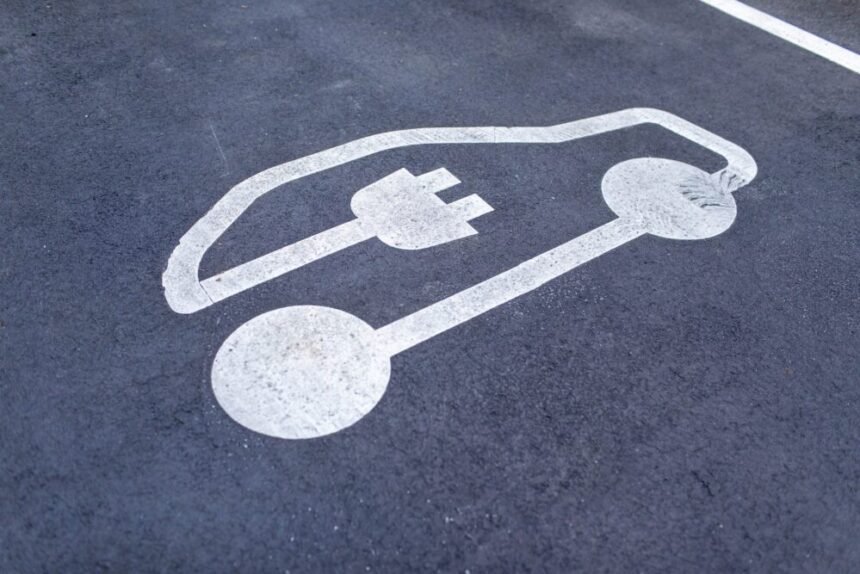The European electric vehicle (EV) market is experiencing significant growth, with both battery-electric vehicles (BEVs) and plug-in hybrid vehicles (PHEVs) seeing increased registrations. According to data from EV Volumes, BEV registrations in Europe surged by 26.9% in May, with a total of 194,849 new all-electric models hitting the roads. PHEVs, on the other hand, experienced an even stronger surge of 46.9%, with 108,865 registrations in the same month.
The rise in PHEV registrations has strengthened the powertrain’s hold on the EV market, with a market share increase of 3.2 percentage points year-on-year to 35.8%. BEVs, on the other hand, saw their market share drop to 64.2%.
Overall, BEVs have seen a 27.7% increase in volumes in the first five months of the year, totaling 960,550 new registrations. PHEVs, while slightly lagging behind BEVs, still posted a double-digit improvement of 18% to reach 475,874 units.
In terms of best-selling models, the Tesla Model Y led the BEV market in May, followed by several Volkswagen (VW) Group entries such as the Skoda Elroq, VW ID.4, ID.7, and ID.3. The ID. range from VW has been consistently performing well, with all three models recording perfect year-on-year growth streaks in 2025.
On the PHEV front, Chinese brand BYD took the lead with its Seal U SUV, followed by the VW Tiguan and Volvo XC60. The Toyota CH-R and Ford Kuga also secured top spots in the PHEV market.
Looking at the year-to-date figures, the Tesla Model Y continued to dominate the BEV market, followed closely by the VW ID.4 and ID.7. In the PHEV market, the Volvo XC60 maintained its lead, with the VW Tiguan and BYD Seal U following closely behind.
Overall, the European EV market is seeing strong growth in both BEVs and PHEVs, with a wide range of models from various manufacturers competing for market share. With increasing consumer interest in electric vehicles, the future looks promising for the EV industry in Europe.







